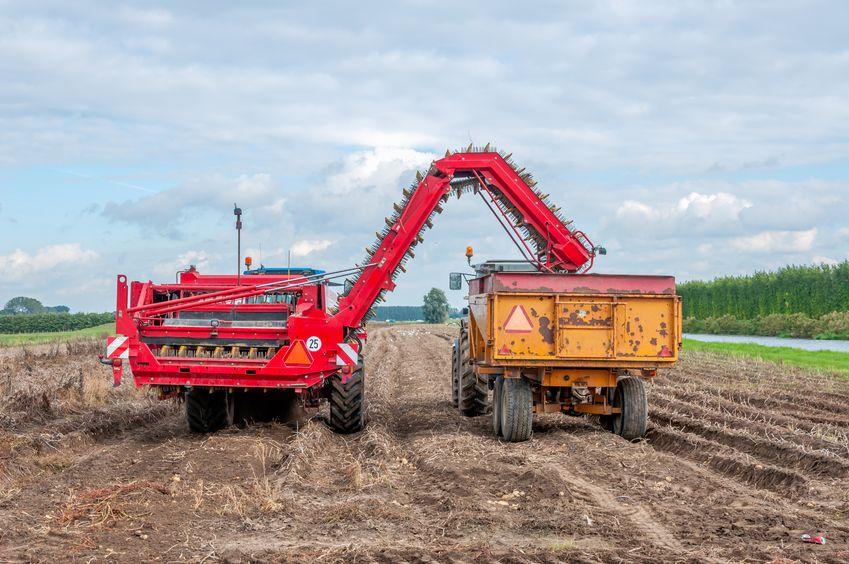
The European Union is looking to simplify farming policy rules and boost farmers' bargaining power against supermarkets in a list of sweeping changes announced.
Rules to to simplify, boost bargaining power and better equip them to face risks were endorsed on Tuesday (12 December) by MEPs in the European Commission.
They also looked at rules for farmers to cope with market and production risks better, and more flexibility for member states to help young farmers.
The reform of the Common Agricultural Policy (CAP), which is to take effect next year, was approved by 503 votes in favour to 87 against, with 13 abstentions.
New rules will allow all recognised farmers’ organisations to plan production and negotiate supply contracts on behalf of its members without falling foul of the EU’s competition rules. Collective negotiations have so far been allowed only in a few sectors such as milk, olive oil, beef or cereals.
Market volatility
Farmers will be more able to protect themselves against market volatility and natural risks such as bad weather conditions, plant pests or animal diseases.
Measures to stabilise farmers’ income will be better tailored to their needs, including an increase in compensation by crop, animal and plant insurance and from farmer-owned mutual funds.
The European Commission will be able to respond faster than before to crises by using 'exceptional support measures' for farmers.
Member states will have more flexibility in defining what constitutes an active farmer, thus being eligible for EU farm subsidies.
They could also increase top-ups for young farmers - from 25% to 50% of their basic payment for the first 25-90 hectares, to make working in an ageing sector more attractive.
UK farm policy
The UK is scheduled to leave the EU on Friday, 29 March 2019. Much debate has been centred around what a post-Brexit farm policy will look like.
Defra Secretary Michael Gove has insisted the UK will be free from the "environmentally damaging and socially unjust" EU farm policy once the UK leaves the bloc.
He has committed to change the CAP post-Brexit and instead reward farmers on their environmental credentials under a 'green Brexit' banner.
